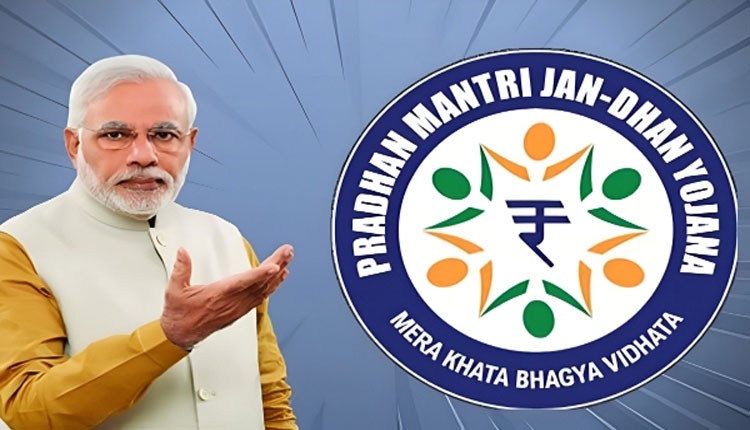New Delhi: Pradhan Mantri Jan Dhan Yojana (PMJDY), India’s flagship financial inclusion programme, celebrates its tenth anniversary today, marking a significant milestone in the country’s drive towards economic empowerment. Prime Minister Narendra Modi congratulated the nation on this achievement and shared the scheme’s remarkable impact over the past decade.
Taking to social media platform X, the Prime Minister highlighted the success of the PMJDY, revealing that over 53 crore bank accounts have been opened under the scheme, with a total deposit amount exceeding ₹2.31 lakh crore. “Today, we are celebrating a special occasion – #10YearsOfJanDhan. Congratulations to all the beneficiaries and to everyone who worked hard to make this scheme a success. It has empowered crores of people, especially women, youth, and marginalised communities,” he posted.
The PMJDY was launched by Prime Minister Modi on August 28, 2014, with the aim of providing universal access to banking facilities, including basic savings and deposit accounts, remittance, credit, insurance, and pension. The Finance Ministry has declared the initiative as the world’s largest financial inclusion programme, noting that it has drawn enthusiastic participation from across the country.
The government reports that of the more than 53 crore accounts opened, 55.6% belong to women, underscoring the scheme’s impact on promoting financial independence among female account holders. Moreover, a significant majority of the accounts – approximately 35 crore – are held by people in rural and semi-urban areas, further highlighting the scheme’s outreach beyond urban centres.
One of the unique features of the PMJDY is that it requires no minimum balance, making it accessible to all sections of society, particularly those who previously had limited or no access to formal banking.
As the PMJDY completes a decade, its success in fostering financial inclusion and empowerment is being widely celebrated, with special emphasis on its role in supporting women, youth, and the marginalised communities across India.



Comments are closed.